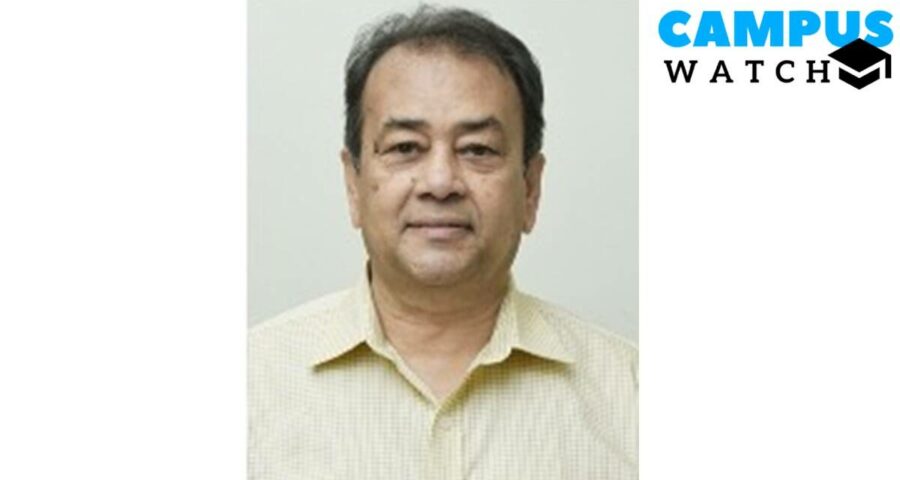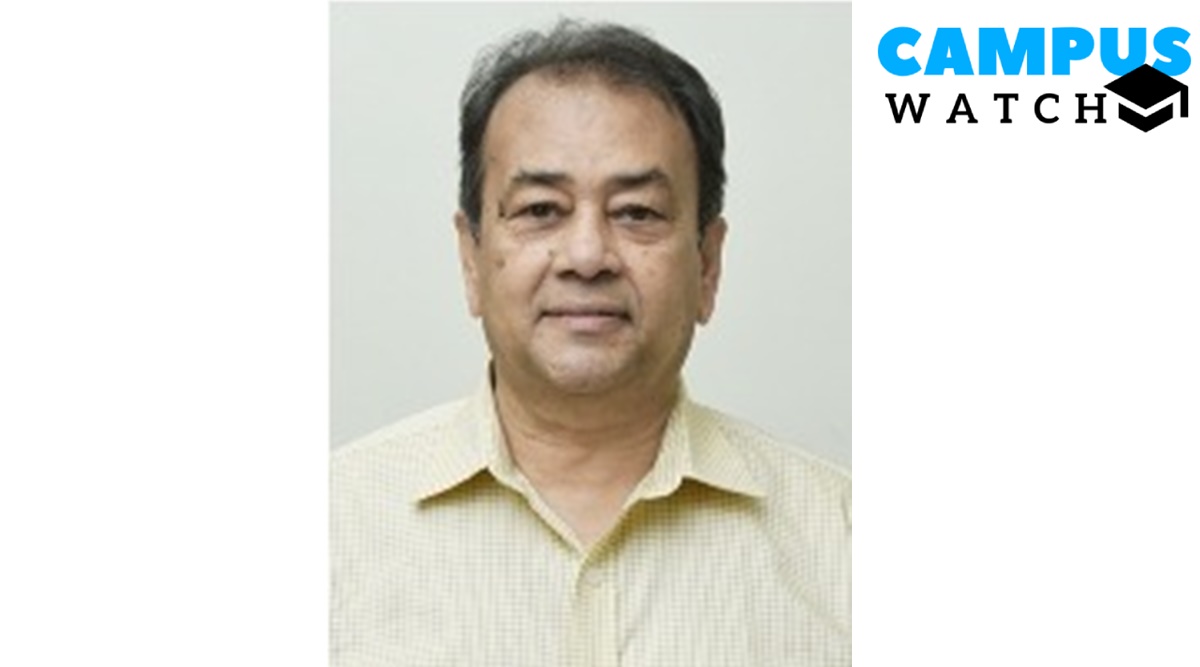The college has the required expertise to carry out scientific analysis. The Government of India should turn its attention to the multiple Harappan-era sites in Haryana, Gujarat, Rajasthan and places like Daimabad in Ahmednagar district in Maharashtra.
As the third oldest institution of higher education in India, Deccan College Post Graduate and Research Institute completed 200 years last month and remains a unique centre offering courses in applied archaeology and linguistics.
Here is an excerpt from an interview with Prof Pramod Pandey, vice-chancellor of the institute, who shared the newest plans and courses and scope of jobs in linguistics and archaeology.
How has the Covid-19 pandemic changed the manner in which archaeology, linguistics and other courses are taught at Deccan College?
The past 1.5 years taught us to be more resilient. The practical part has certainly suffered but one has to cope with it. Loss of field visits have also happened but over time, we have become more familiar with the online mode of teaching, including the practical portion.
When the offline classes resume, we will find the faculty equipped with more resources and hence can continue conducting classes while being away from the campus for any reason. In the long run, we can also approach subject experts from other institutes and cities to conduct online classes for our students, as conducting physical classes by such experts may at times have limitations. In that sense, we will be more equipped and stronger, which is the positive side of such a situation. Likewise, internal assessments can be managed well online but for the final tests, we would like to have it offline, another aspect that suffered due to the pandemic. We feel the offline assessment is much better than the online assessment.
200 years ago, the college was set up as a centre for Sanskrit teaching, what are the future plans and visions?
The general opinion has been that Deccan College should host an institution or centre of Contemporary Philosophy and its relevance to present times. A proposal was discussed both at the College’s board of management and the academic council. Now, we are awaiting the full formal proposal from the stakeholders and then it will be re-examined. This will be finally reviewed by the board of management again before submitting it to the Maharashtra government. We are considering talking to scholars working on Indian culture.
Besides, we have been thinking about establishing a department on Medieval Archaeology and Maratha History. The innovation here will be that students will be able to pursue courses in archaeology, tourism, history and languages. The college will approach the industry concerned as an effort to make the students’ employability higher. We want to approach the state government, first for the youths in Maharashtra, and increase their employability.
Compared to engineering, IT and similar professional courses, how employable are students with degrees in archaeology or linguistics?
The employability of students pursuing courses here is quite good and the degrees we offer are usable. Linguistics is in demand in the IT sector, where language-technology programmes like machine translations cannot be performed without trained linguists and linguistic inputs. Having both the departments of Linguistics and Sanskrit, we want to work in making Sanskrit more relevant for theoretical and experimental linguistics.
What are the proposed courses announced to mark the college’s bicentenary year?
The four new subject courses, as full-time Master of Science and Master of Arts, would be Computational Linguistics, Heritage Site Management and Scientific Conservation, Museology and Environment Archaeology.
After receiving approvals from the college’s board of management and academic council, now the Maharashtra State government has verbally approved them, as they are to be offered in the self-financed manner. It is now for the University Grants Commission (UGC) to consider the introduction of these courses. UGC will constitute a committee for evaluation. So, we are at the last stage and by July 2022, we should be able to offer the new courses.
With the Centre announcing museums at Rakhigarhi and Dholavira and UNESCO giving the World Heritage Site tag to the latter, do you see better days for archaeology and its study in India?
Deccan College continues to receive objects for analysis from the Archaeological Survey of India and other institutions. The college has the required expertise to carry out scientific analysis. The Government of India should turn its attention to the multiple Harappan-era sites in Haryana, Gujarat, Rajasthan and places like Daimabad in Ahmednagar district in Maharashtra, again, known to date back to the Harappan period. There is so much material available to study and it is good that the government is recognising their importance.
Over the past several years, financial crunch has been plaguing Deccan College, hampering many of its ambitious projects and basic-upkeep. What is your appeal to the governments, corporates and industries?
Deccan College belongs to Pune, Maharashtra and India and it is run by a trust. It is entirely a property of Pune and its people. Being an institute of unique kind, it needs to be preserved and developed. The corporate world, which takes interest in education and realises the importance of education in society, and the government should take pride in the presence of such an institution in the state. All of them need to consider its importance and donate generously for its development.
As we begin to roll out new programmes, we would like to invite the corporate world to exchange views and ideas and get to learn their needs. For example, there could be interest among people on different religious monuments, historical places and sites. Corporates keen on academic study of cultural heritage, in spiritual, religious and language technology can contact us. We already offer a course on Buddhist archaeology that now has many students from China enrolling in the online mode of learning. We need help and at the same time, will be able to respond to industry requirements.
The Mumbai film industry comes regularly for film shootings and they recognise the importance of the building structure at Deccan College. In spite of being a small institute, there are ten Padma awardees from the institute and the college has done very well. We have all the potential but only if the government turns its attention to the role, contribution and importance of this institution can we offer good programmes. From my teaching career spanning 40 years outside Deccan College, I can say that the contribution made by this college is incomparable.
Source: Read Full Article


